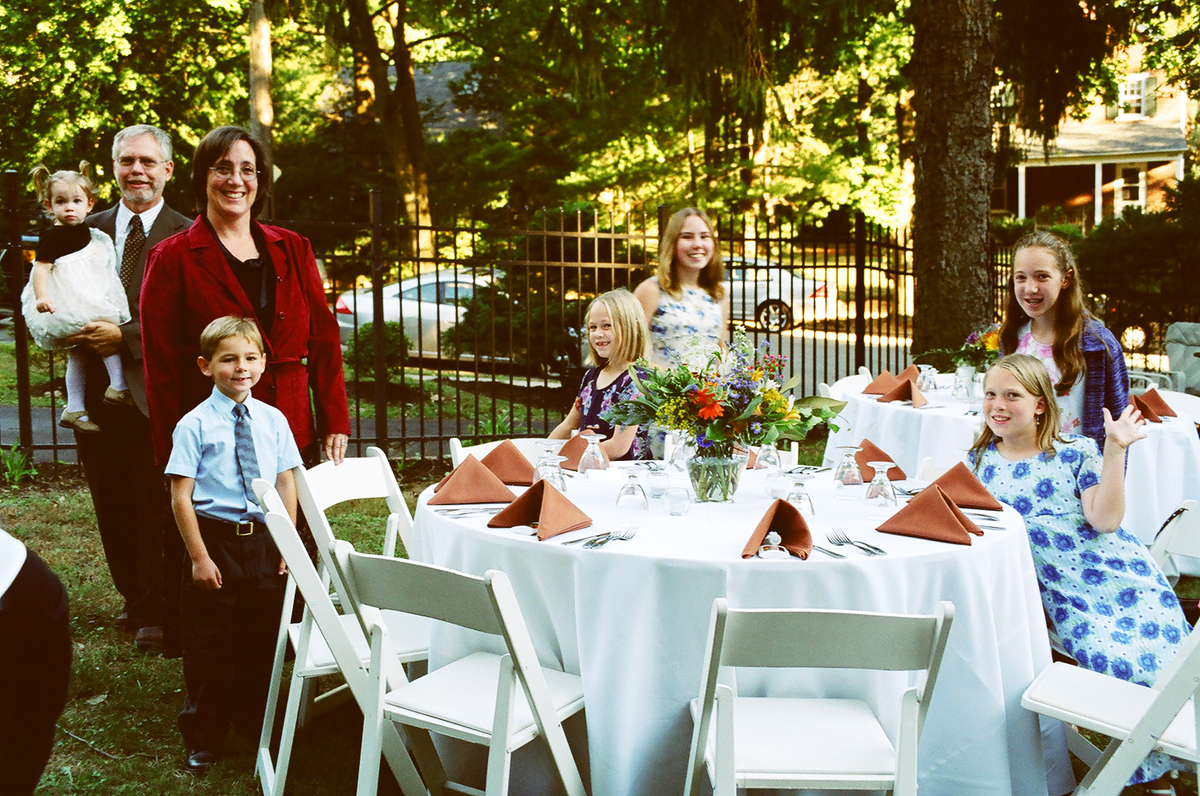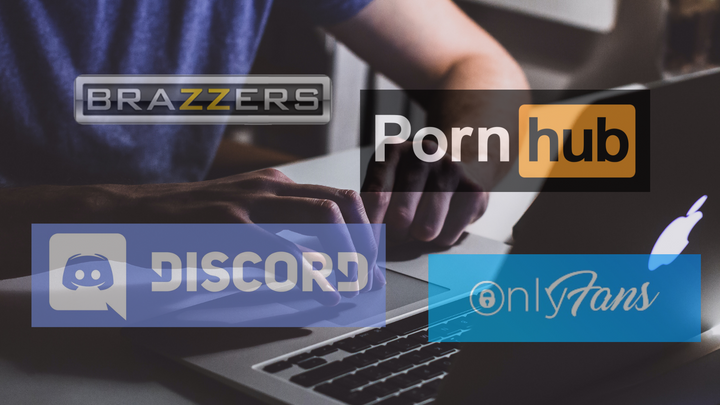Universal Basic Income Might Have Saved My Mom’s Life
How UBI could help victims of domestic violence

This post contains discussion of suicide, domestic violence, and sexual abuse.
In September 2015, my mom took her own life. She was 50 years old and left behind six children, a granddaughter, two parents, three siblings, six nieces and nephews, two dogs, and a parrot — all of whom she dearly loved.
Suicide is a complicated issue, and to say that one factor caused someone to attempt or complete suicide is likely an oversimplification. Yet, in my mom’s story, there are two main factors that seemed to play the biggest roles: male violence and poverty.
Domestic violence and abuse made her feel the need to escape, but it was poverty which convinced her death was the only way out. Four years later, I can’t help but wonder what $1,000 a month could have done for my mom. Could universal basic income have saved her life?
As a young adult, my mom experienced sexual abuse at the hands of her biological father, from whom her own mother had attempted to protect her by lying that he had died in war. When my mom sought him out at the age of 19, she was immediately sucked into a world of manipulation, deception, and abuse. He isolated her from her family and friends, and when she had no one left but him, the sexual abuse began.
She finally broke free of him a few years later when she met my dad, who quickly became her husband. My dad was safe. He quietly protected us, and his puritanical Christianity helped my mom feel like she was able to find redemption for her “sins.” She never really got over the abuse, though.
After she beat Stage 4 lymphoma in her forties, she started to consider that maybe she didn’t want to live so safe anymore. When I was about 16, she left my dad in search of something more passionate, fun, and exciting.
Instead, she found Mike.
Mike was loud, crude, and the opposite of my father in nearly every way. Maybe that was what initially attracted my mom to him — she was looking to make a dramatic change. After a couple of years of fun, the relationship turned violent. By then it was too late; she was already married to him and had moved in with four of my younger siblings.
"Domestic violence and abuse made her feel the need to escape, but it was poverty which convinced her death was the only way out."
Suddenly, nearly 30 years after she experienced sexual abuse and violence by her father, she was thrown back into a mirror situation.
Mike controlled everything. She was not allowed to get a job — the one time she tried, he showed up at the office and threw a fit in the lobby. She was fired the next day.
Although she should have received disability payments because of her many health issues, having been a stay-at-home mom our whole lives meant that she hadn’t worked enough hours to qualify. She was on Mike’s health insurance and had no way to pay for her medical treatments on her own anyway.
The car was in Mike’s name. The credit cards were in his name. (Her own credit was down the drain.) Her bank account only contained the meager amounts he allowed her to have for grocery shopping or for the kids.
The reality of her situation became clear one September afternoon when Mike snapped and violently attacked one of my younger siblings. While my mom was used to absorbing his blows, realizing that she could no longer protect her children pushed her over the edge. She needed to get out.
In her suicide note, my mom explains the “logic” of why she eventually decided death was the only way out. In a list of 10 Reasons Why, she names money and what she can’t afford to do in over half of them:
3. If I do this, [your father] will have the money to raise the children and afford a place of his own
6. The money I will be getting isn’t really enough to go out on my own. Keeping a job with my current health… will be extremely difficult
8. Nothing ever changes with Mike, while I love him our relationship is full of constant conflict which is adversely affecting my children and I really can’t afford to leave and keep [my granddaughter] and not get into a legal battle with [your father].
While she certainly did have other options (such as reaching out to family), shame and isolation prevented her from doing so. From her perspective, through the eyes of depression and trauma, she simply could not afford to leave Mike and keep her children. She knew that if our dad was able to collect social security for the kids, he could afford to take care of them — something she no longer felt like she could do. Money was her biggest barrier to freedom.
Andrew Yang did not come up with the idea of universal basic income, but his 2020 presidential campaign focusing on the “Freedom Dividend,” as he calls it, has catapulted UBI into the spotlight. Under Yang’s plan, every American citizen over the age of 18 would receive $1,000 per month with no strings attached. It would be paid for, he says, by extra taxes on large companies such as Facebook and Amazon, eliminating redundant social welfare spending, and consequential economic growth as the money is circulated back into the economy.
"The importance of financial independence in tackling domestic violence should not be underestimated."
While Yang’s talking points mostly focus on Middle American jobs that are being destroyed by automation, like truck driving and food service, women would also be a huge beneficiary of UBI — and feminists ought to start taking the impact of UBI on women seriously. Women currently do a huge amount of unpaid labor — such as raising children, housework, and caregiving for the elderly. Yet, this labor remains unvalued by the market, and many women remain economically dependent on men. Even working women are more likely to be in poverty than men, often because of the cost of dependents and the lower wages of “pink-collar” work. It’s no surprise that in the United States, women are poorer, on average, than men.
In an article in Slate, Jessica Flanigan points out the importance of UBI to women in abusive relationships:
With an added, guaranteed boost to their income, women in abusive relationships would have the financial security to leave, even if they lack qualifications or credentials that would enable them to support themselves and their families. UBI would do more than almost any other economic policy imaginable to make women less susceptible to abuse both in the workplace and at home.
The importance of financial independence in tackling domestic violence should not be underestimated. According to the Purple Purse Foundation, nearly all cases of domestic violence involve an aspect of financial abuse:
Financial abuse is an invisible form of domestic violence that impacts nearly every victim. By cutting off access to bank accounts, jobs, credit-building opportunities, and more, abusers gain control, preventing their partners from breaking free for good.
For women on the extreme margins facing homelessness, UBI could help prevent them from feeling pressured into dangerous living situations. Since women may not feel safe at traditional homeless shelters with men, they often find alternative ways to stay off the streets — including returning to dangerous or abusive situations. Having a safety net means fewer women will be pressured into making these choices.
Universal basic income is not without criticism, of course, even from feminists. One feminist argument against UBI is that without addressing the underlying causes of women’s oppression (patriarchy and gender roles), UBI may just serve to “entrench the gendered division” of unpaid labor — cementing women’s roles as unpaid caregivers and keeping them out of participation in public life:
Ultimately, a basic income might be an effective way to treat some of the symptoms of wage inequality and unequal access to the labour market. However, it does not deal with the underlying causes. Indeed, a range of policies are required to break persistent gender inequalities.
Universal Basic Income, by itself, may not have had a big enough impact on my mom to change the course of her life.
Maybe her depression was worse than she let on, and the financial arguments were just an excuse.
Maybe it was professional help she needed to heal from her trauma, and all the money in the world can’t force someone to go to therapy.
Maybe Mike would have found a way to take her monthly basic income away from her anyway.
But maybe not.
Maybe $1,000 each month was all it would have taken to turn things around for her, and for my entire family.
Maybe universal basic income could have saved my mom’s life.
If you or someone you know is experiencing domestic violence, you do have options. Call or chat online with the National Domestic Violence Hotline to get connected with help and hope.
Originally published in Human Parts, CC-BY-SA, M. K. FAIN
Enter your email below to sign in or become a 4W member and join the conversation.
(Already did this? Try refreshing the page!)





Comments